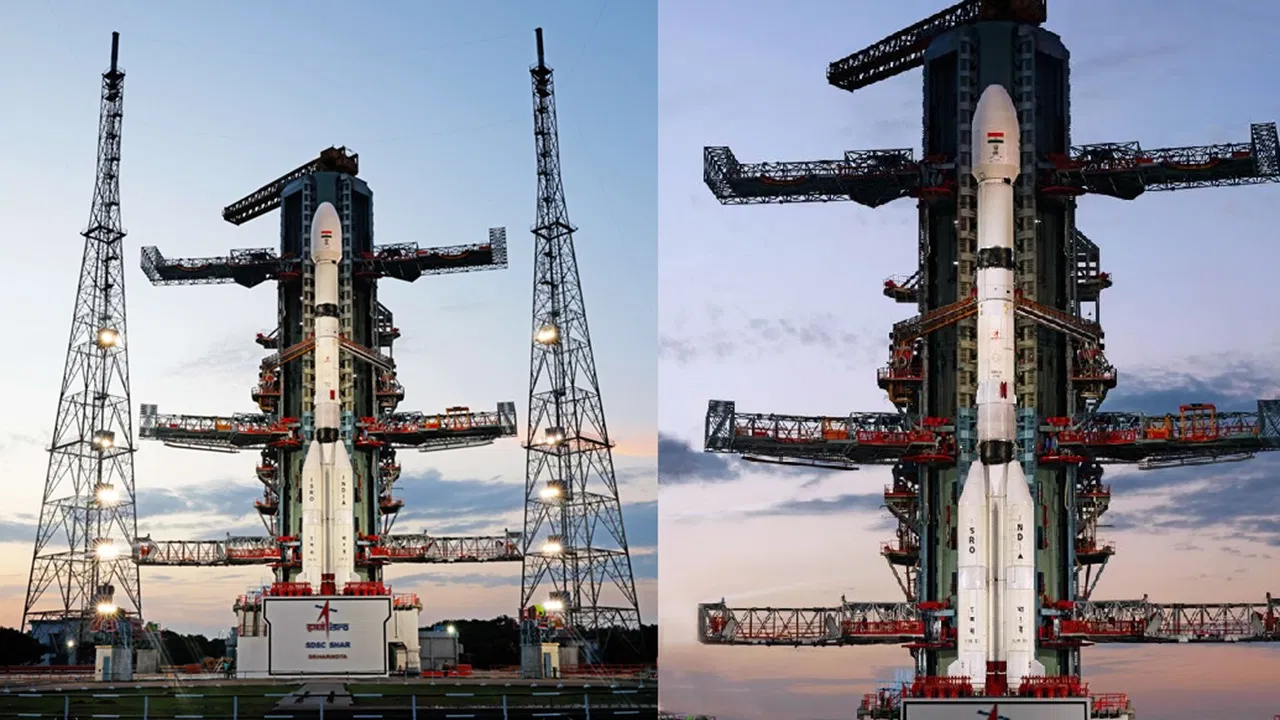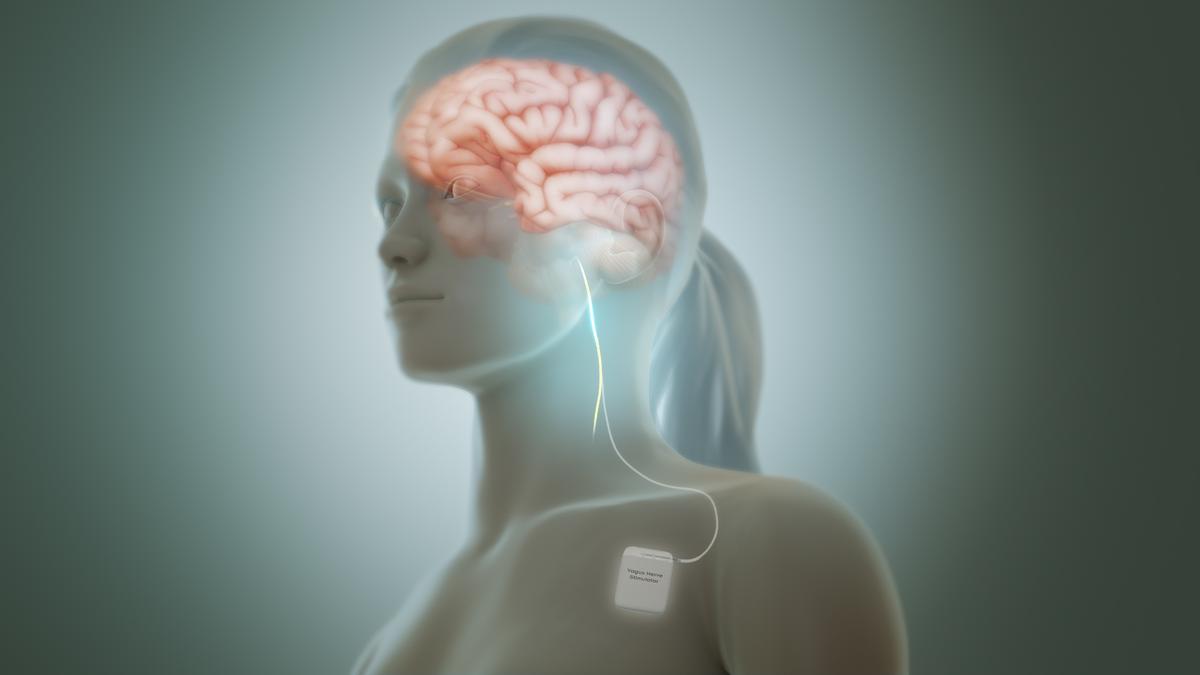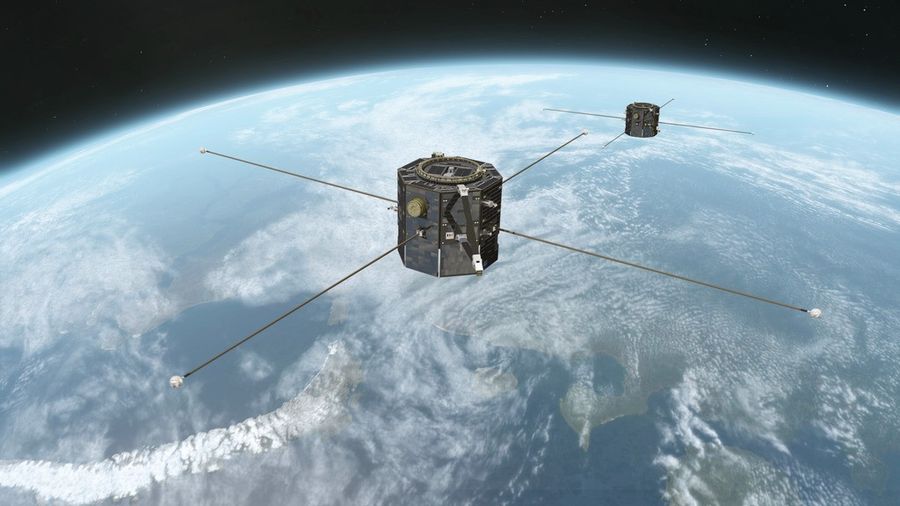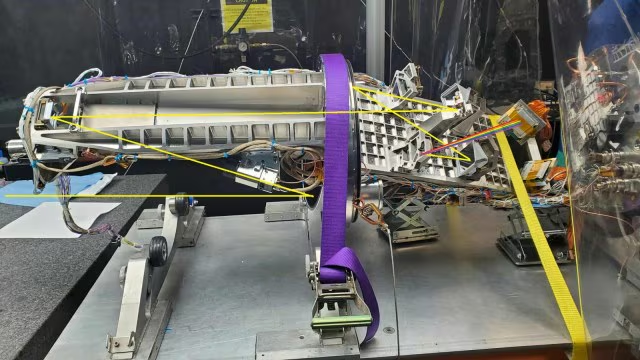





Disclaimer: Copyright infringement not intended.
PM inaugurated two advanced High-Performance Computing (HPC) systems, 'Arka' and 'Arunika', dedicated to weather and climate research.
These state-of-the-art systems were developed by the Ministry of Earth Sciences.
The systems, named to reflect their connection with Surya, the sun (the primary energy source for Earth), will significantly enhance India’s ability to accurately forecast extreme weather events, a key challenge in mitigating the impact of climate variability.
Located at the Indian Institute of Tropical Meteorology (IITM) in Pune, this system boasts a computational capacity of 11.77 Peta FLOPS and storage of 33 petabytes.
Housed at the National Centre for Medium Range Weather Forecasting (NCMRWF) in Noida, this system features 8.24 Teraflops of computing power and 24 petabytes of storage.
Additionally, the project includes a standalone system for Artificial Intelligence (AI) and Machine Learning (ML)applications with a capacity of 1.9 Peta FLOPS.
The installation of these new systems increases the Ministry’s total computing power to 22 Peta FLOPS, a substantial leap from the earlier capacity of 6.8 Peta FLOPS. This positions India among global leaders in weather and climate forecasting capabilities.
This ₹850 crore project is a testament to India’s commitment to leveraging advanced technology for better climate preparedness.
|
Introduction |
|
|
Key Components |
|
|
HPC vs. Quantum |
|
|
Applications |
|
|
Challenges |
|
|
National Initiatives |
Countries like the U.S., China, and India are heavily investing in HPC to stay competitive in areas such as defense, climate research, and AI-driven innovation. India, for instance, has its National Supercomputing Mission. |
Read about supercomputers:
Read about National Supercomputing Mission:
https://www.iasgyan.in/daily-current-affairs/supercomputers-28
Sources:
|
PRACTICE QUESTION Q:Examine the role of High-Performance Computing (HPC) in driving India's technological and scientific advancements. (150 Words) |






© 2025 iasgyan. All right reserved